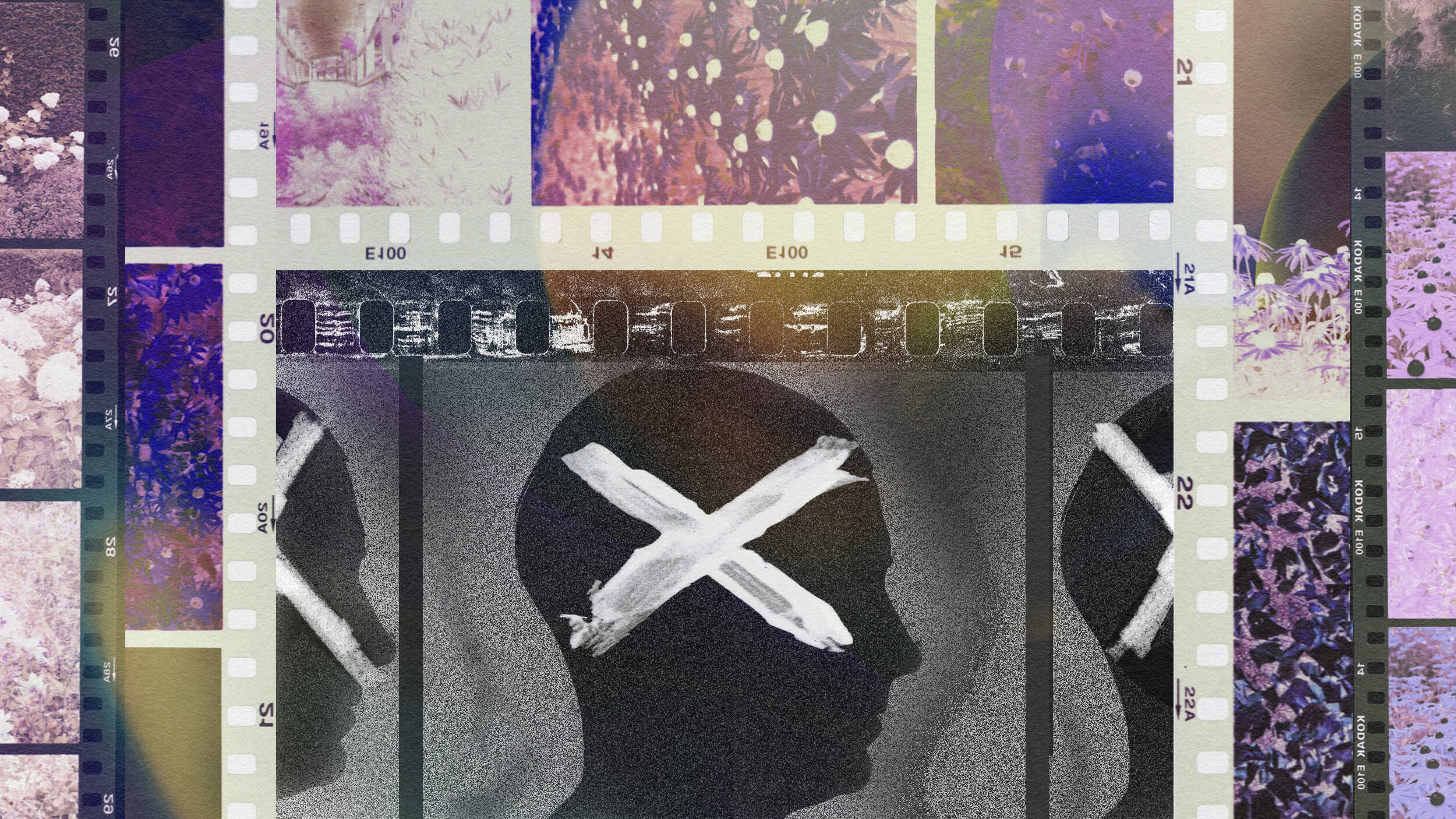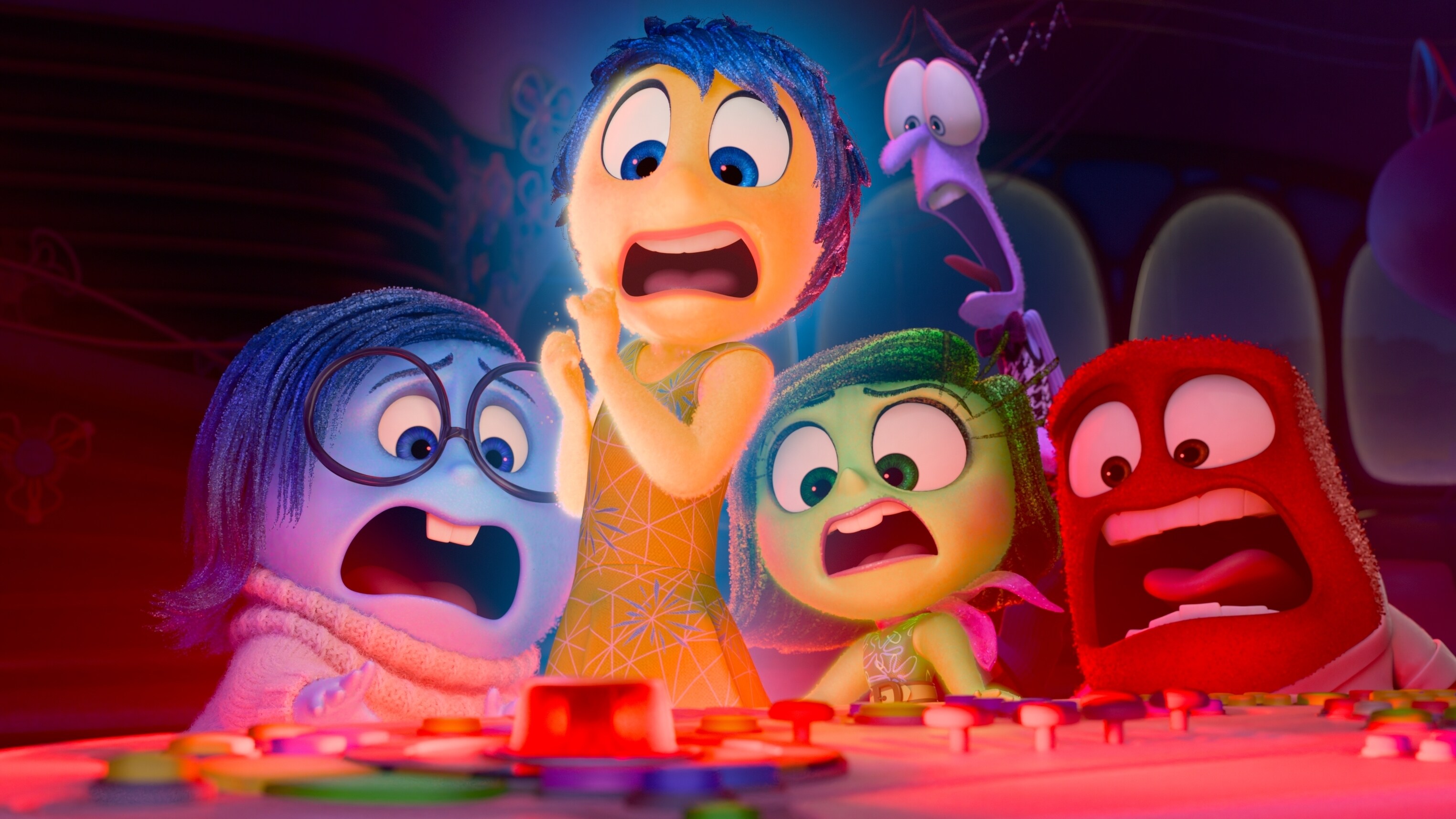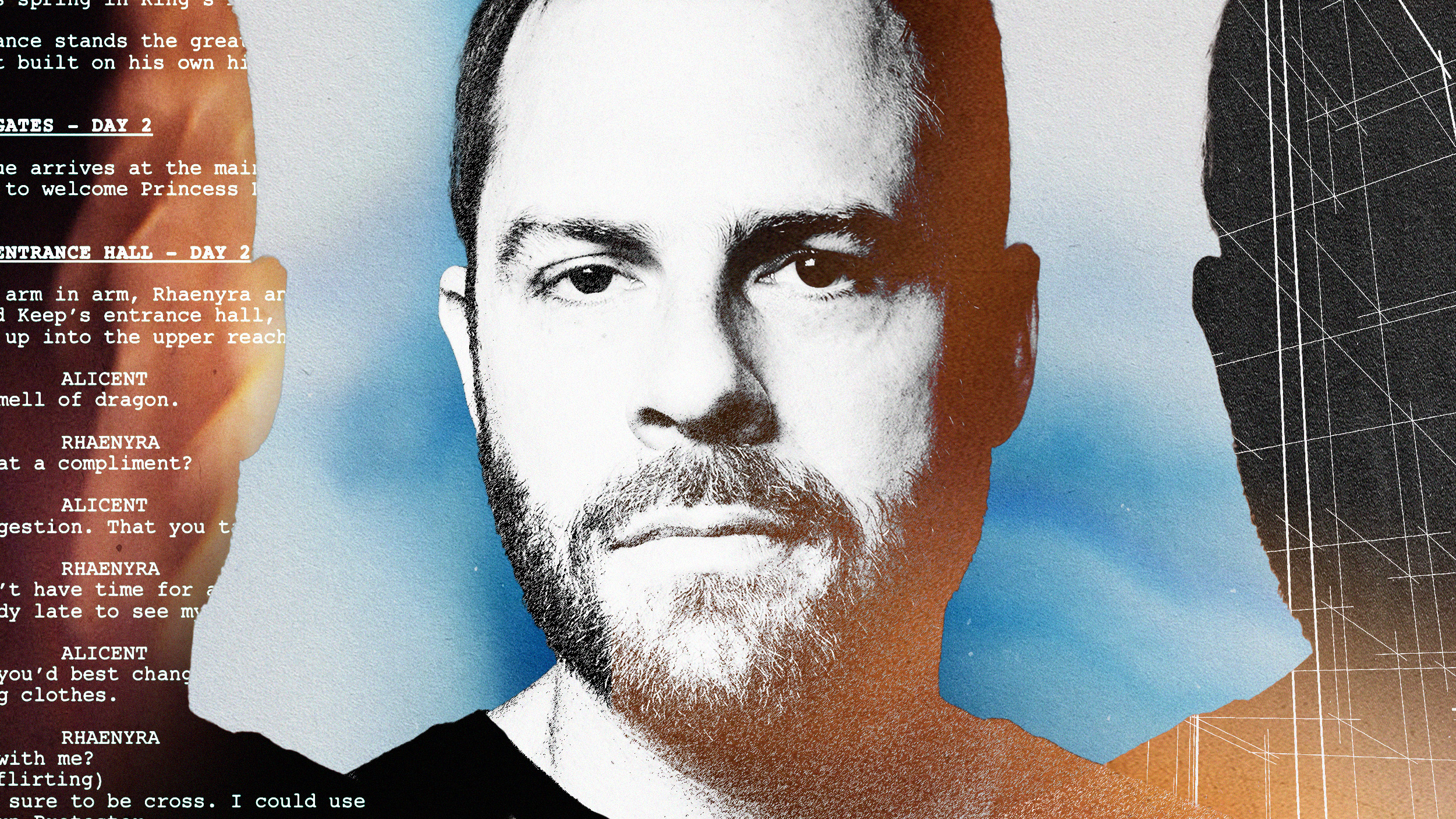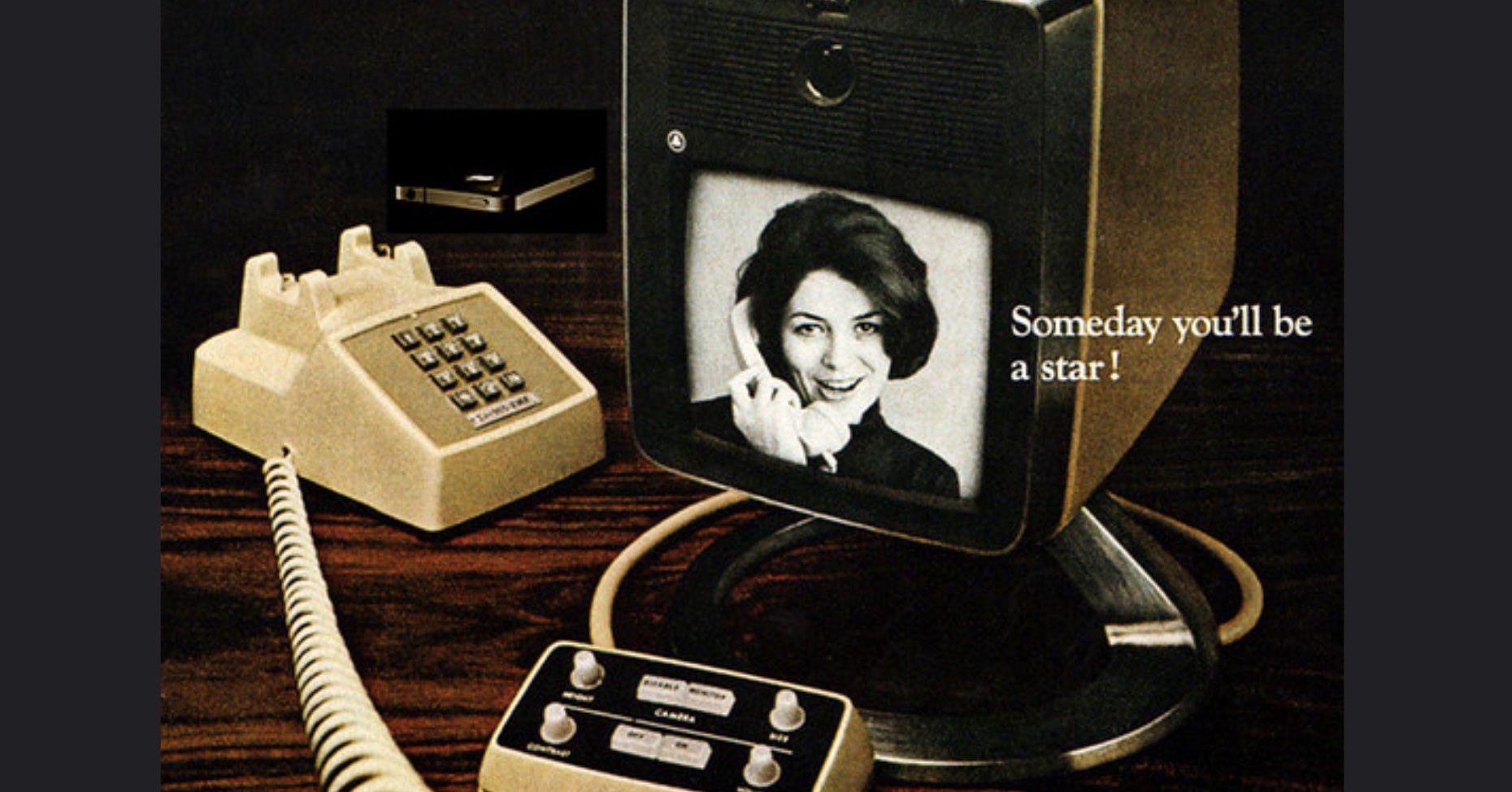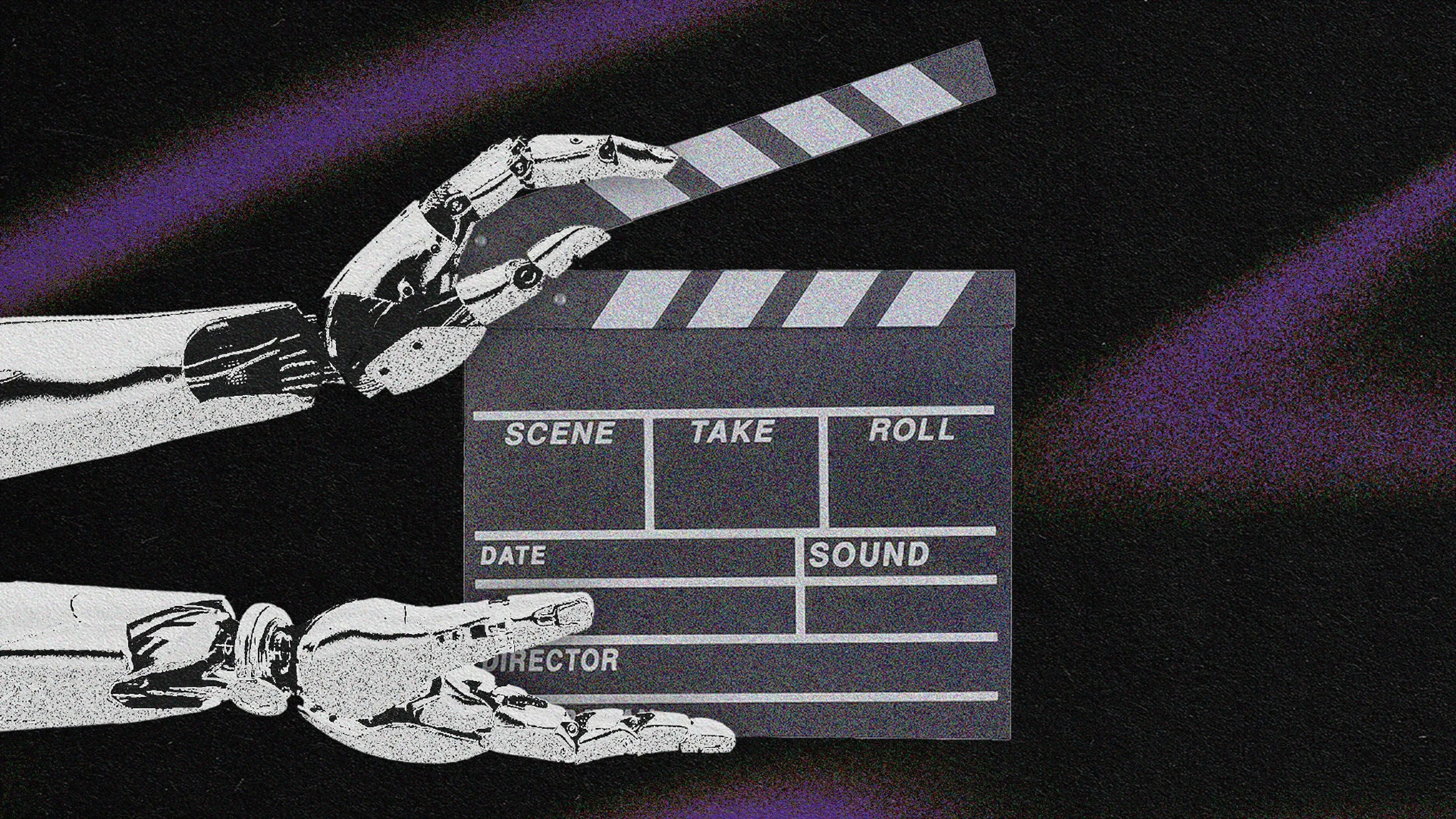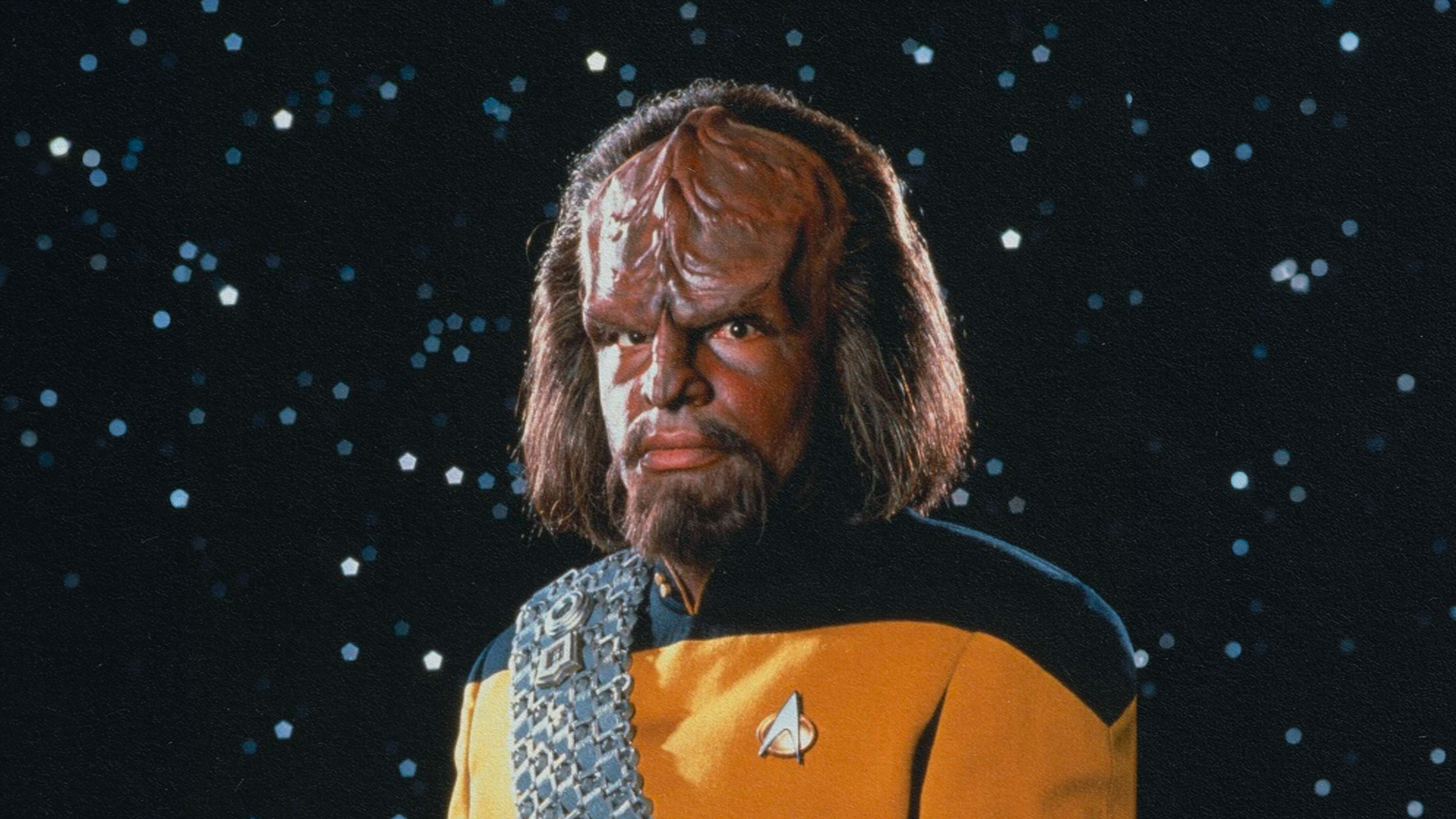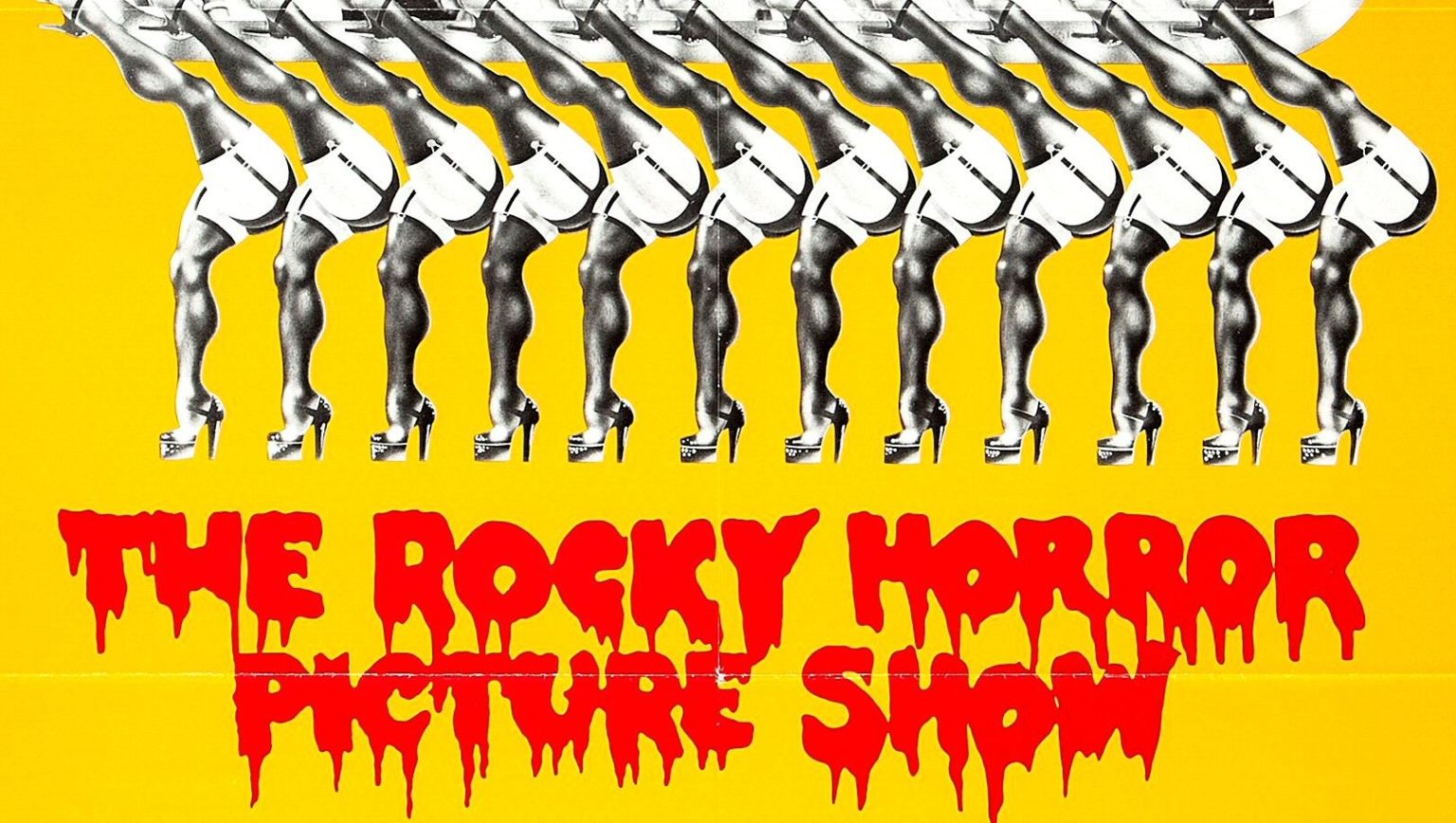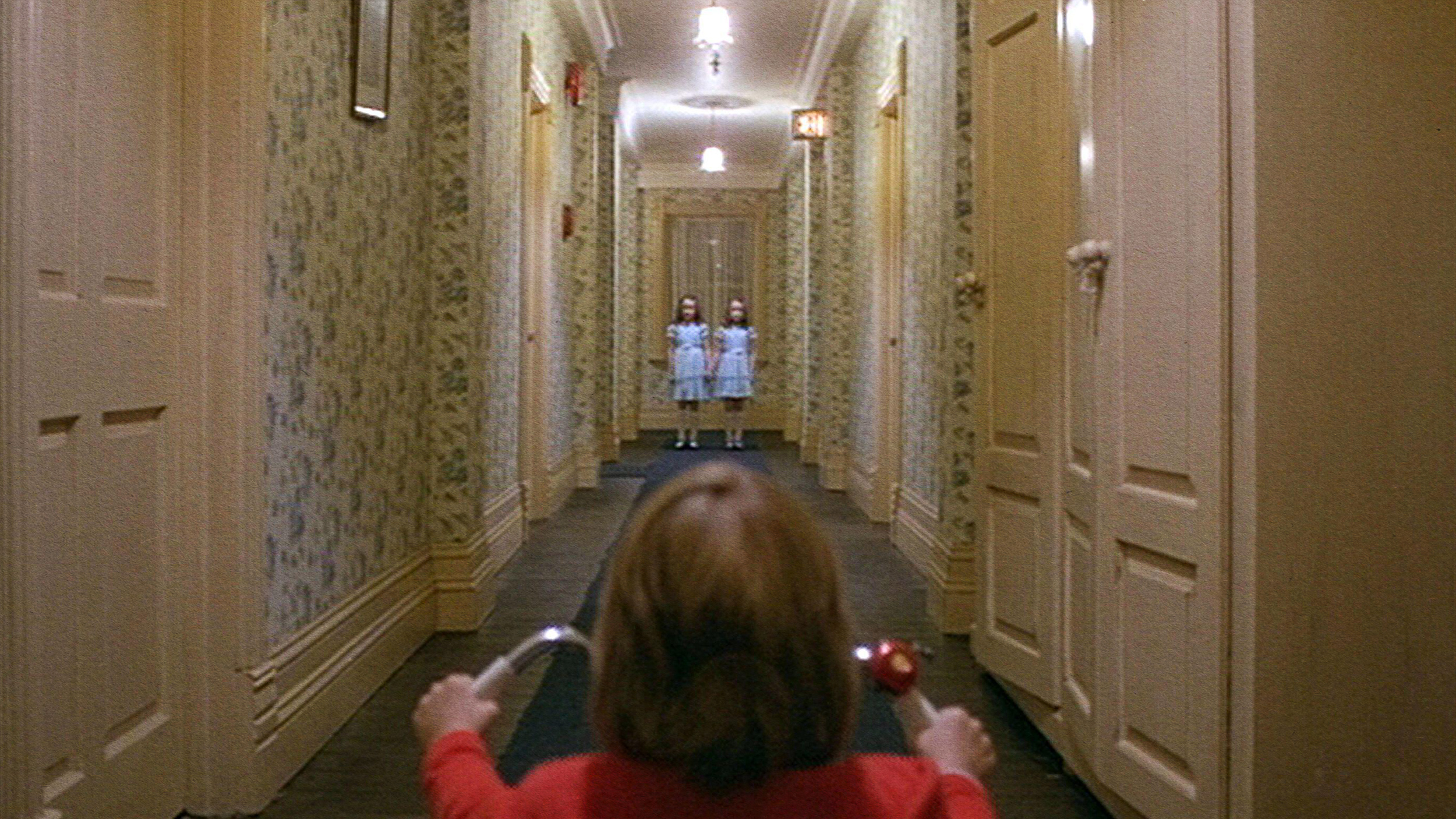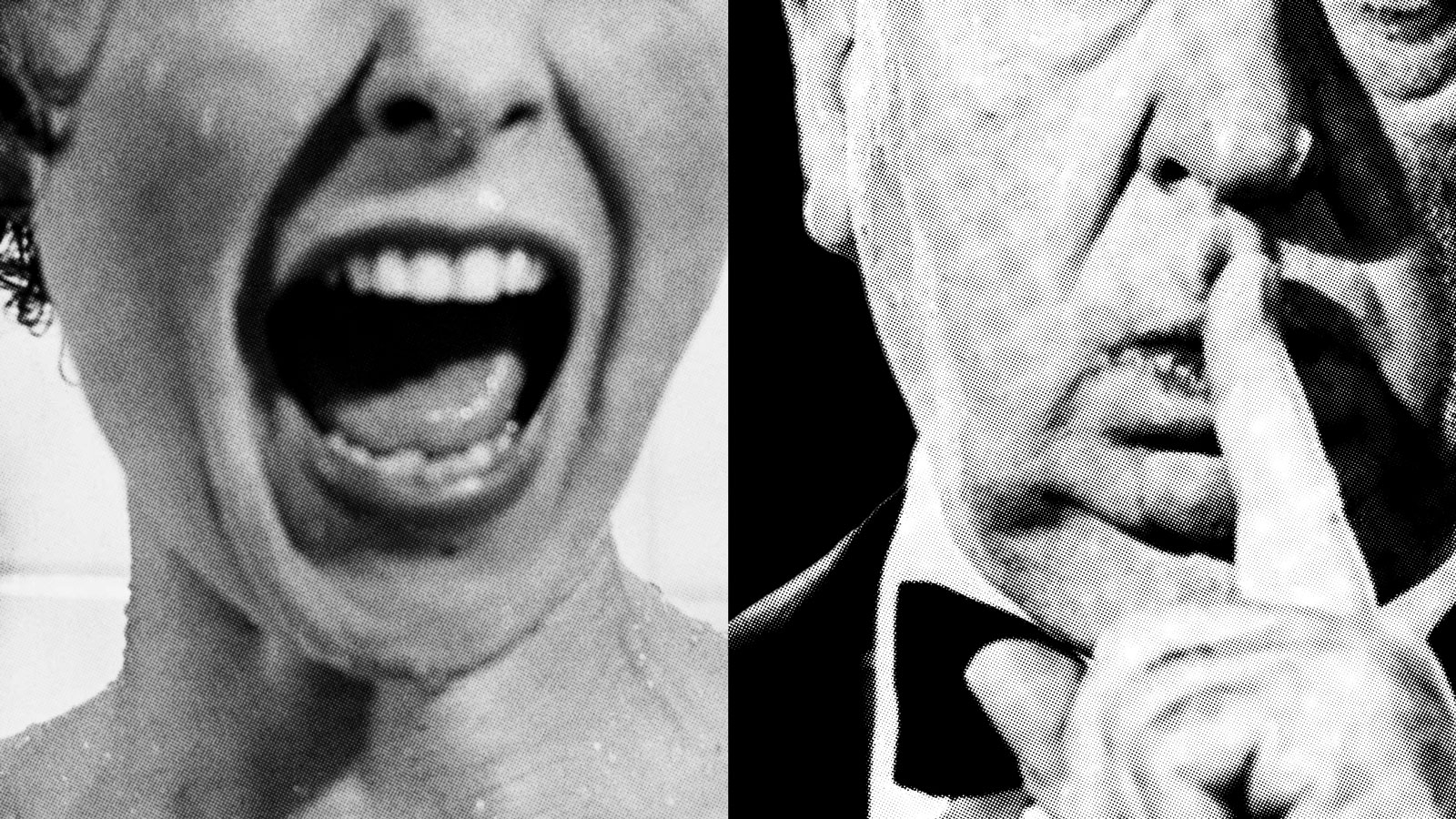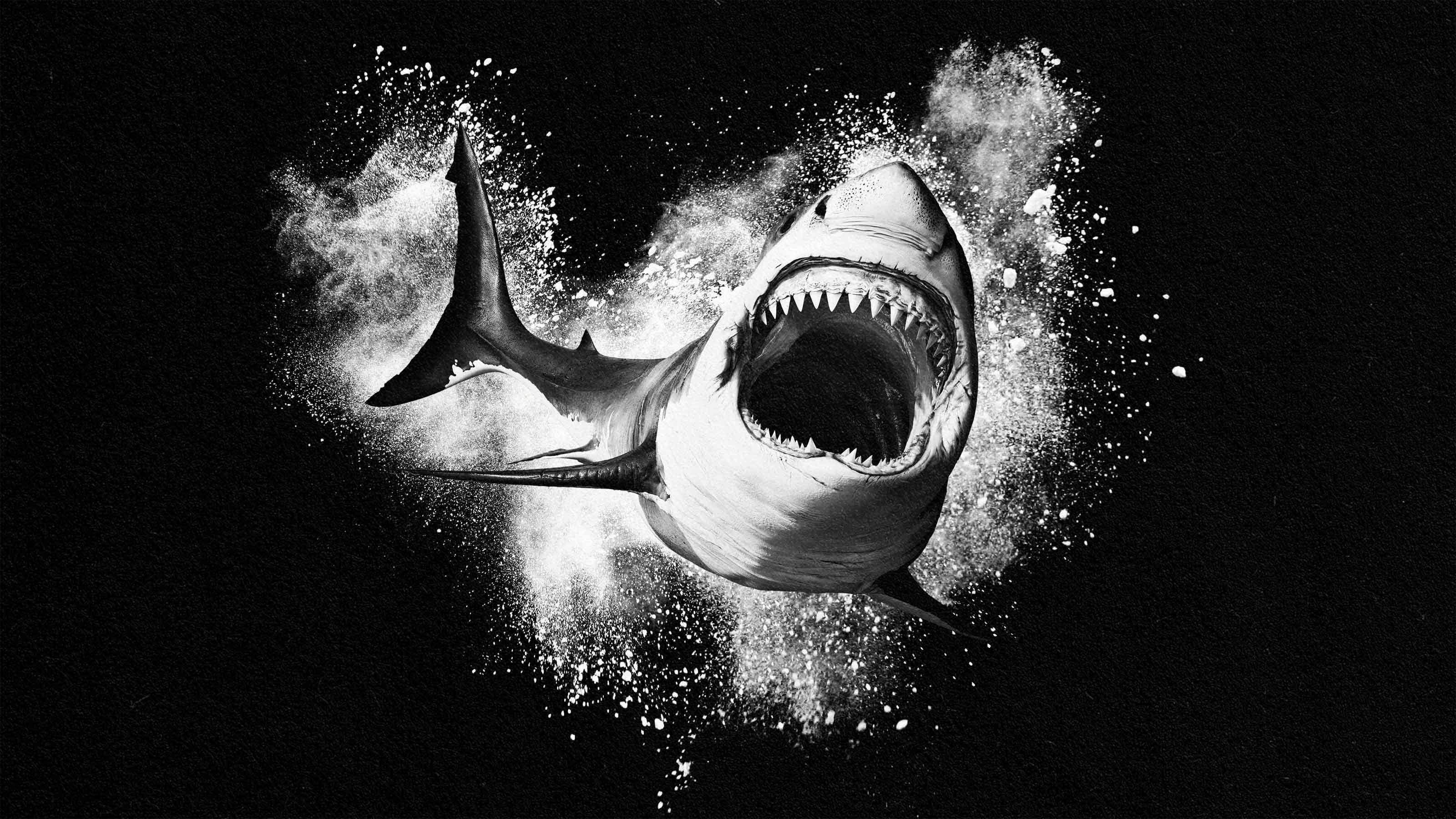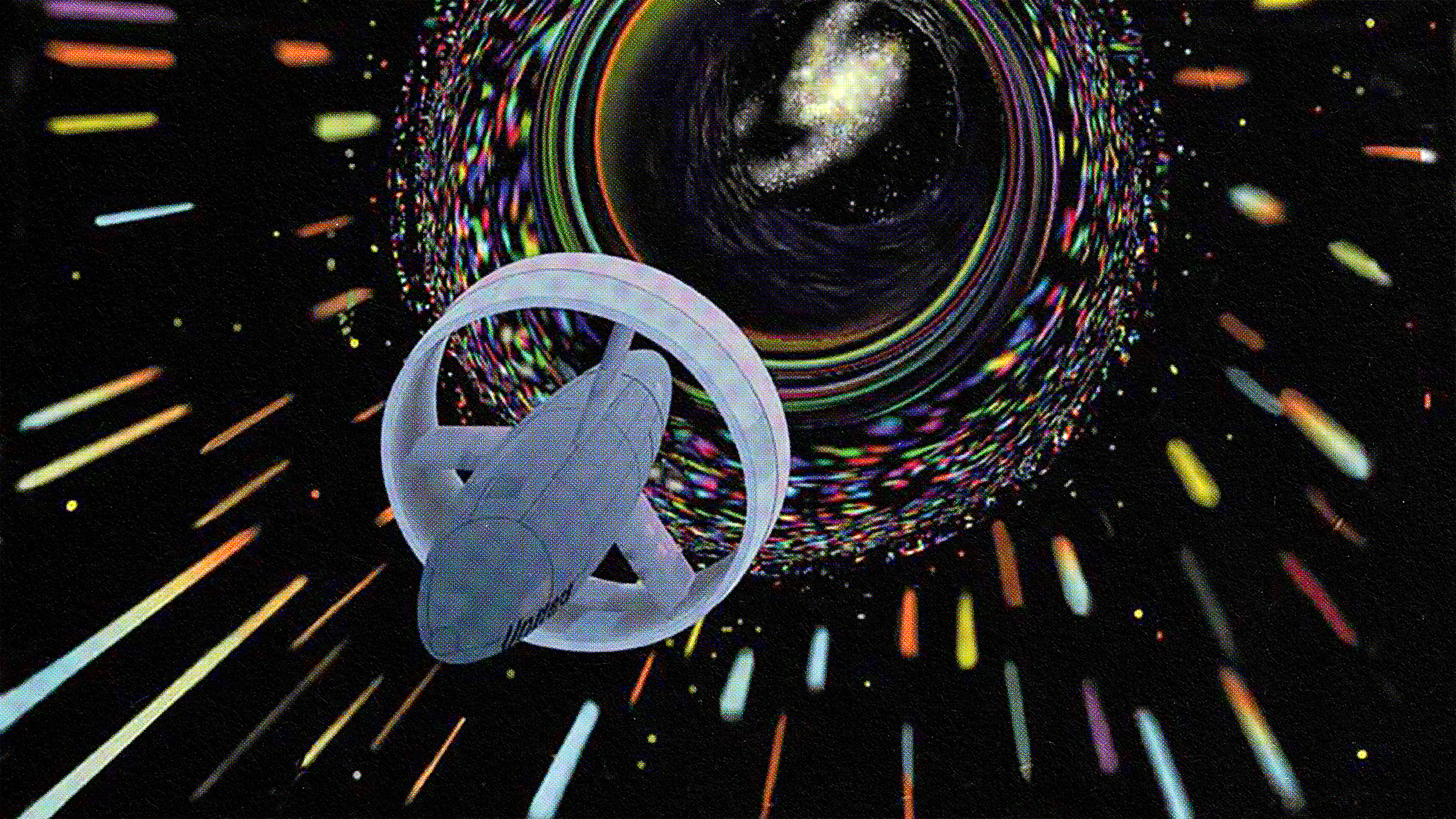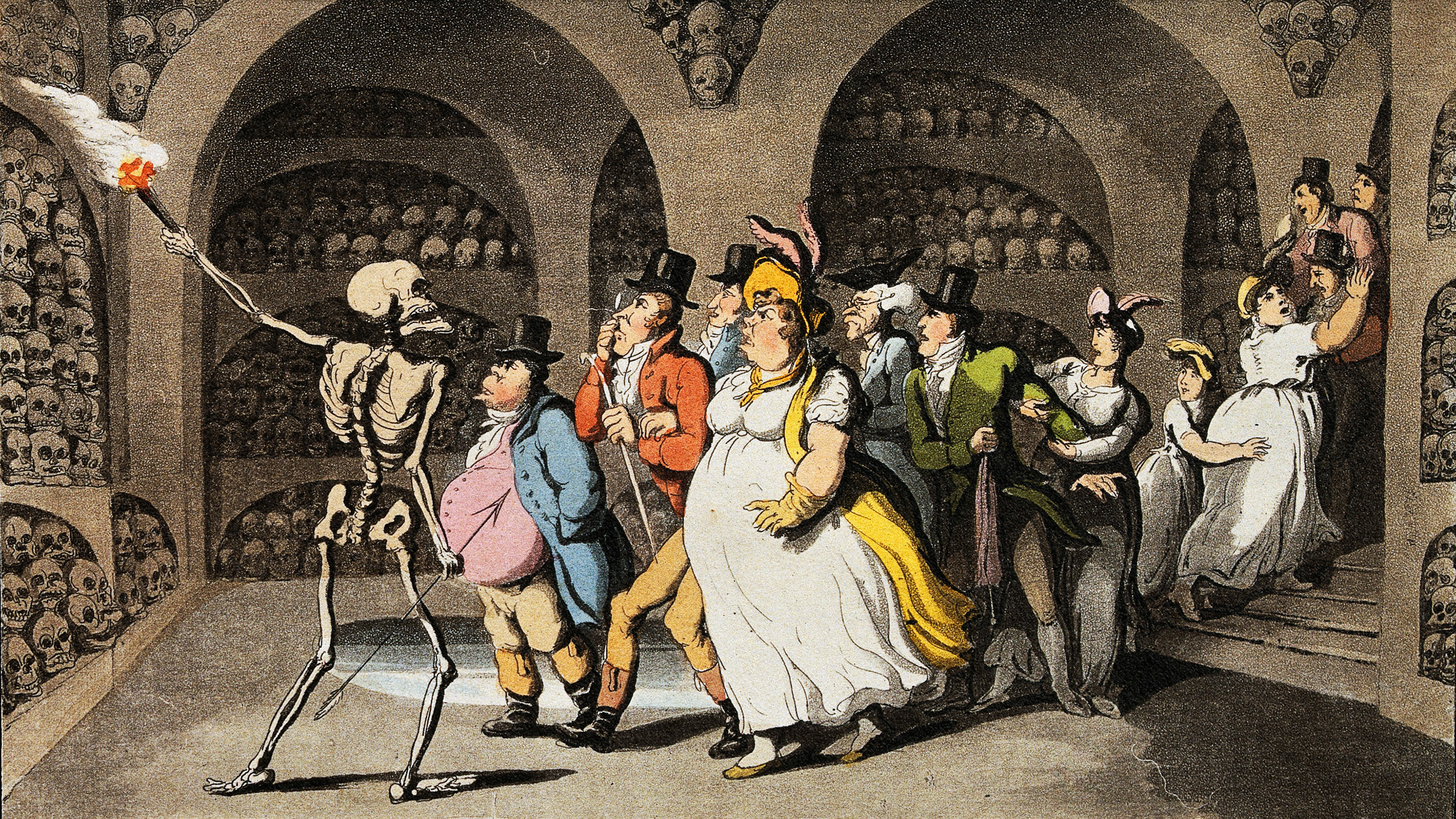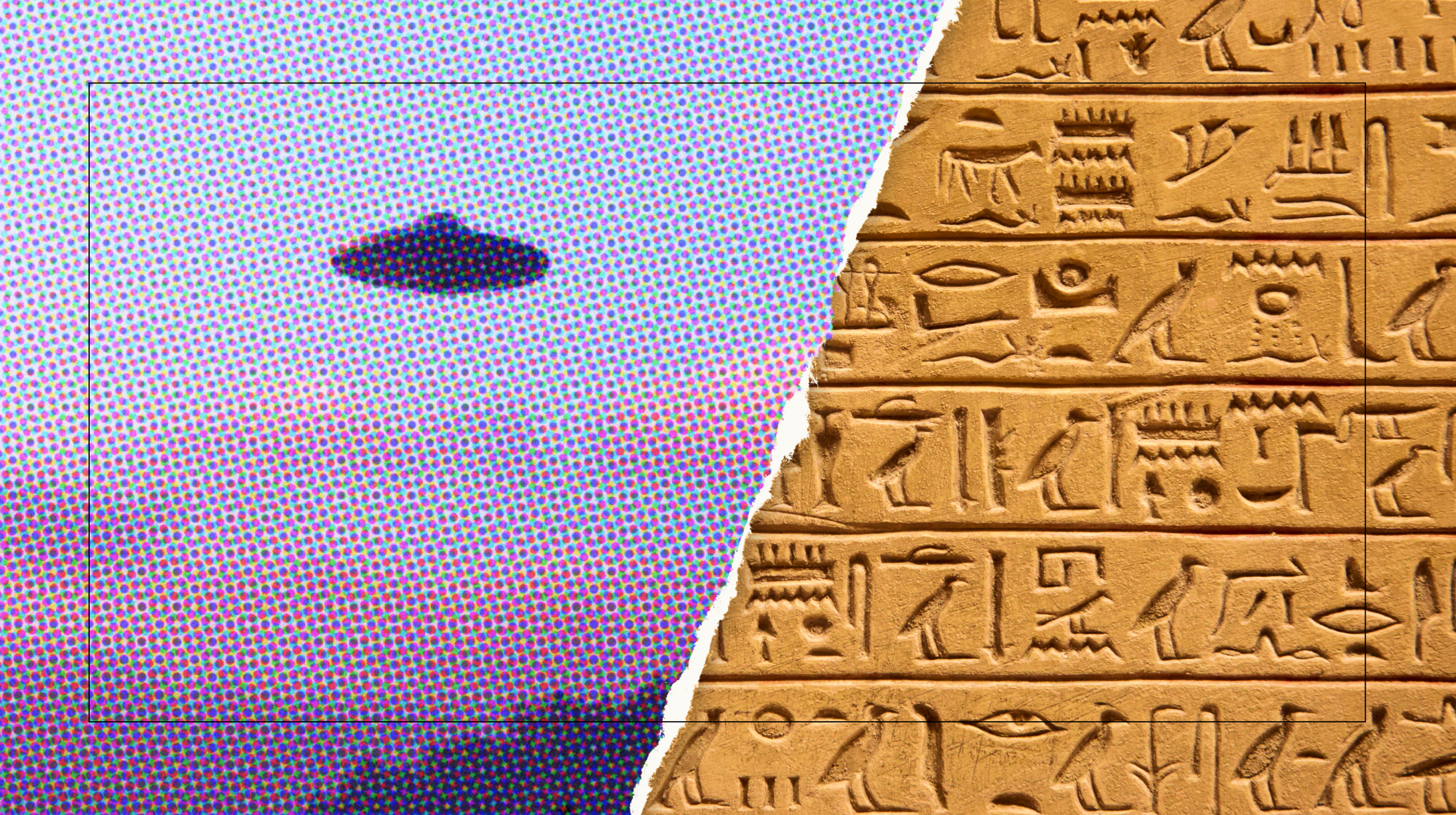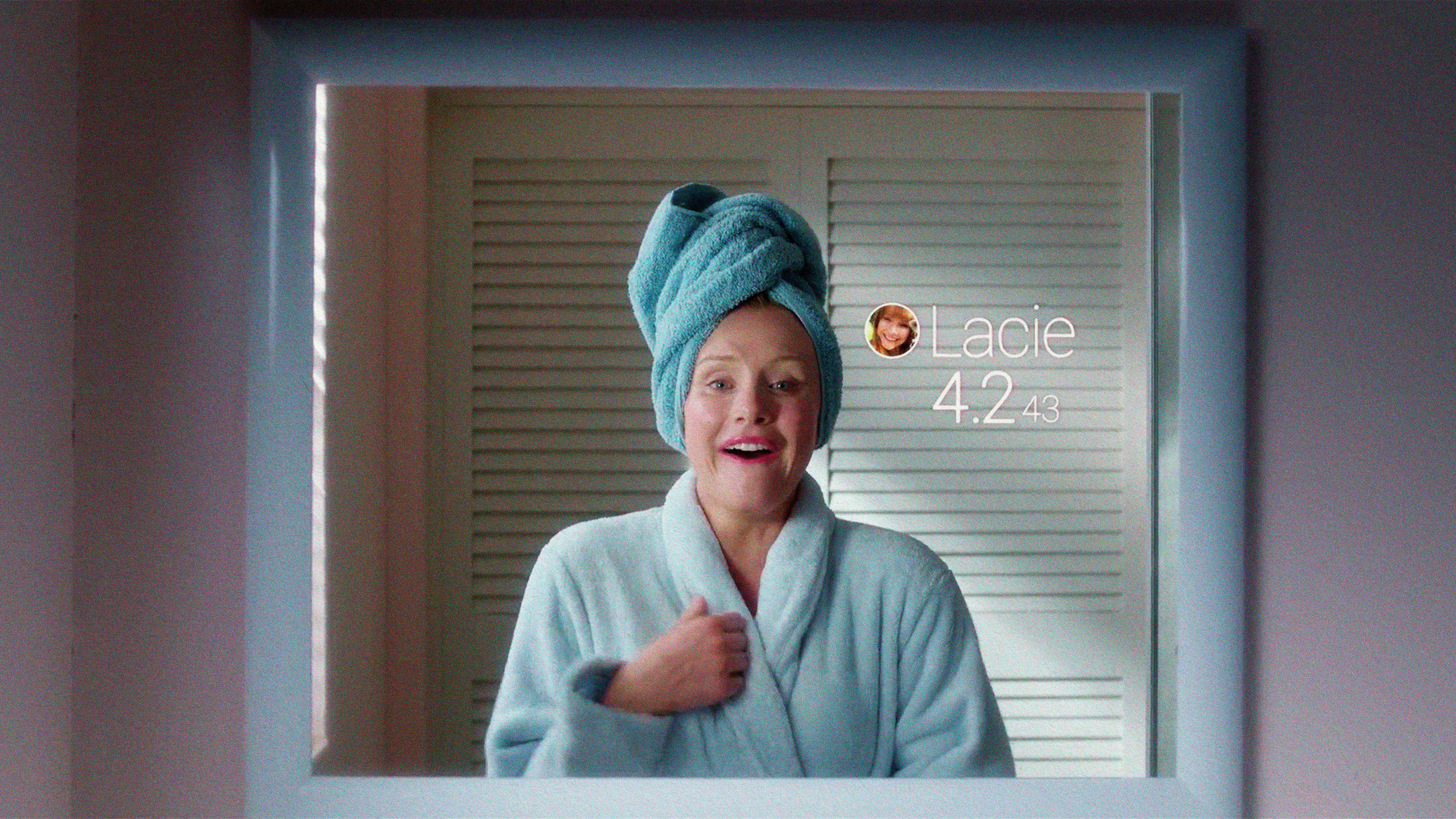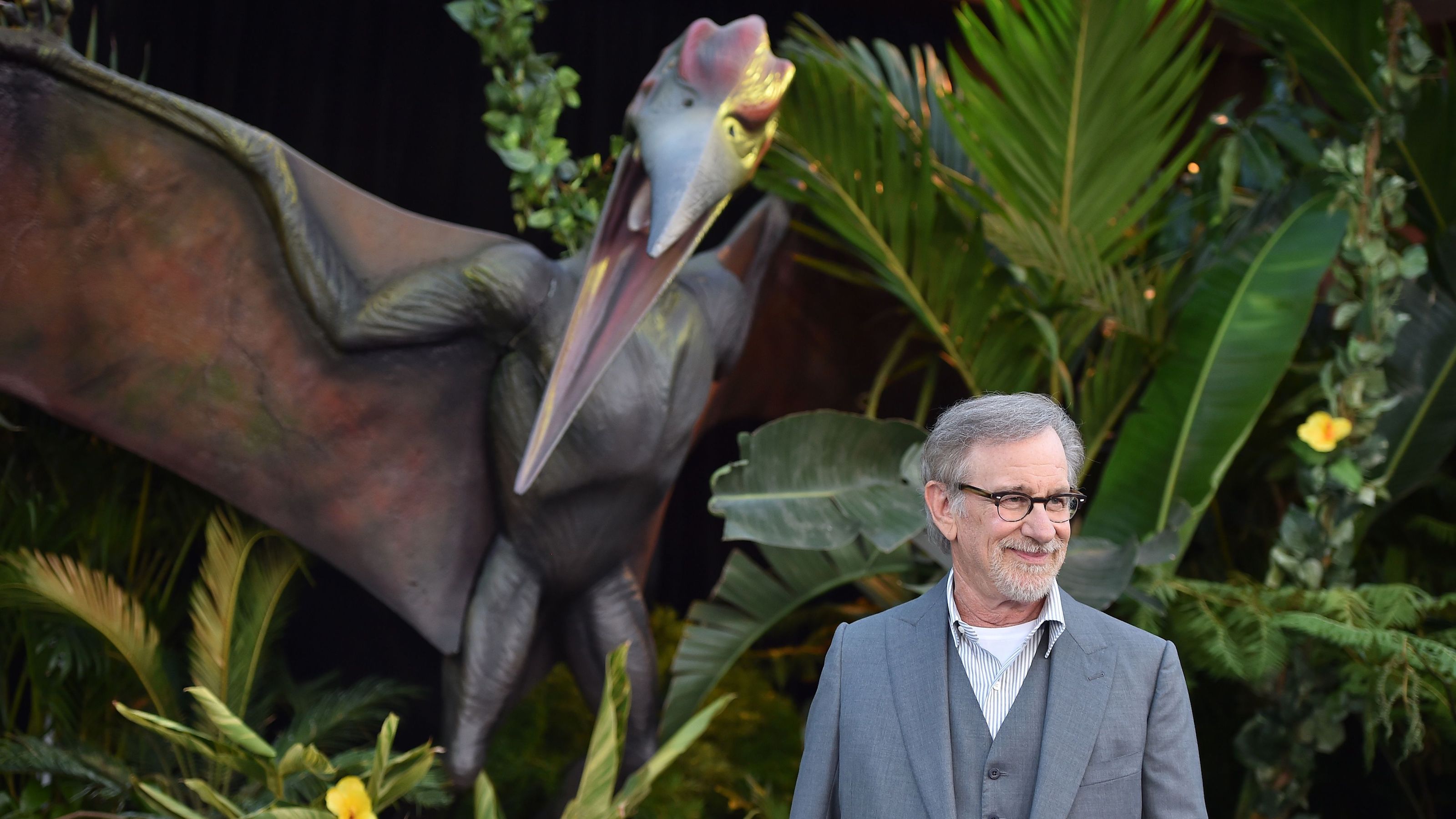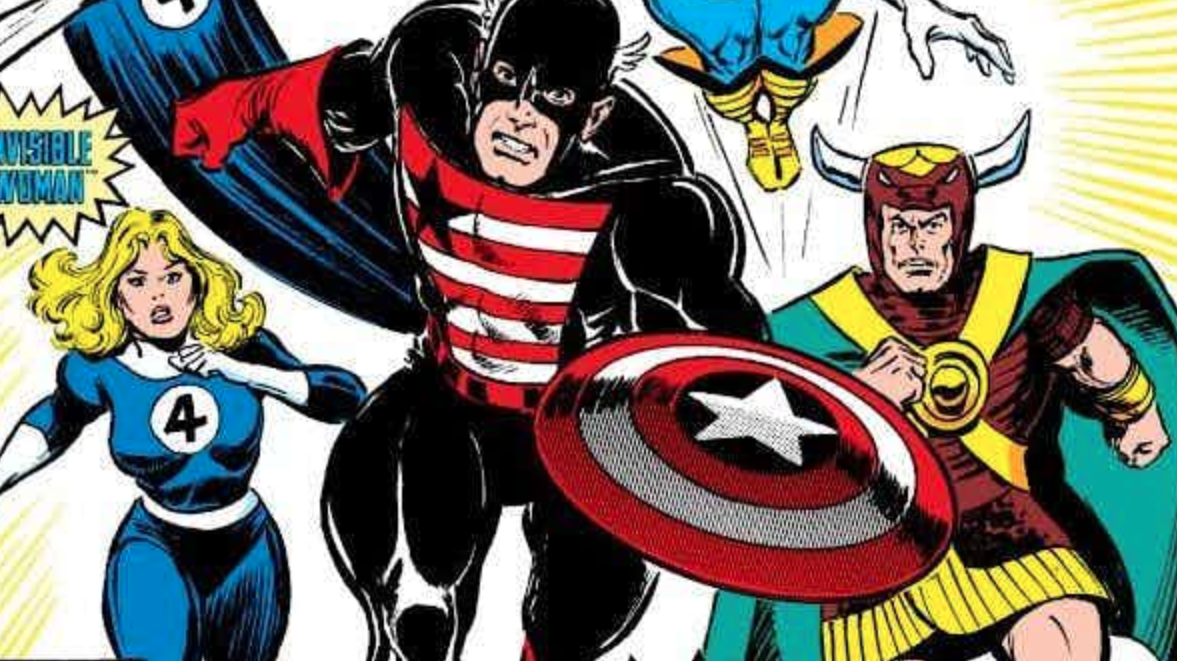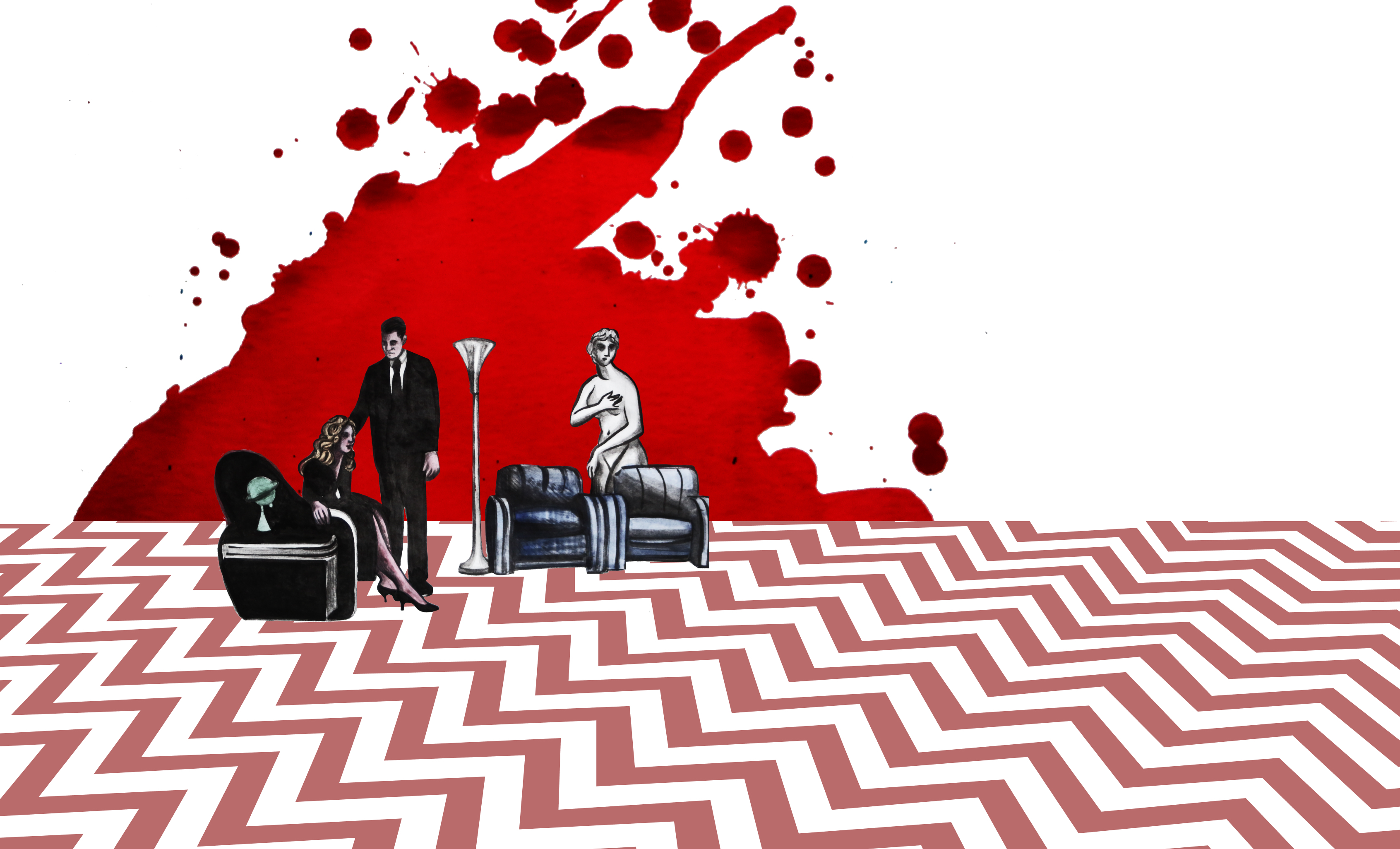Film & TV
Many beloved fantasy adventures take place in worlds that bear a striking resemblance to our own.
Burns’ latest documentary dives into the long-romanticized life and work of the Italian polymath.
From Einstein to Twain, Garson O’Toole investigates the truth behind your favorite — and often misattributed — quotes.
“No matter how long you’ve been doing a job or how good people say you are, you need to care as if you’ve never done it before.”
Meg LeFauve and Dave Holstein drew inspiration from psychologists as well as their own children, becoming more understanding parents in the process.
Ryan Condal, who worked in pharmaceutical advertising before Hollywood, talks with Big Think about imposter syndrome, “precrastination,” and Westeros lore.
Concerns about privacy and pressures regarding the physical appearance of women and their homes contributed to the failure of AT&T’s 1960s Picturephone.
Freethink asks three different kinds of experts to answer this question.
“Dune: Part One” screenwriter Eric Roth spoke with Big Think about the challenges of bringing Frank Herbert’s sci-fi epic to the big screen.
NuqneH! Saluton! A linguistic anthropologist (and creator of the Kryptonian language, among others) studies the people who invent new tongues.
Benjamin Breen on his greatest revelations while writing about the birth of psychedelic science.
Do grim sci-fi scenarios crush our hopes for real-world growth? Author Michael Harris looks elsewhere to unblock the road to a better future.
Napoleon Bonaparte was a man of many faces. European historian Michael Broers explains which are featured on the silver screen and why.
With great power comes retcon responsibility.
Gladiators fought in rounds, and there were referees to enforce rules. Only rarely were gladiators killed.
“Time Warp” all the way back to 1800s spiritualism, magic performances, and spook shows.
There’s nothing like the end of the world to make you a philosopher.
A history of othering, experimentation, and mystery.
Pure cinema is about removing redundancy so that even the smallest detail serves a purpose in relation to the bigger picture.
If cocaine affects sharks at all, it does so as an anesthetic, not as a stimulant.
The concept of the warp drive is currently at odds with everything we know to be true about physics.
When done right, dark humor can help us face inconvenient truths and question stifling social conventions.
Gods and angels have been replaced with hi-tech extraterrestrials.
The key to its success lies not in its understanding of technology, but in its understanding of human nature.
Science fiction movies capture a classic human flaw: getting the future mostly wrong.
AI helped create films like “Jurassic Park” and “A.I.”, so Steven Spielberg and other artists shouldn’t worry about losing their jobs.
Instead of giving the 239 suffering families and the public a true story, Netflix exploited a horrifying tragedy to push conspiracy theories.
What is Captain America doing in ancient Mesopotamia?
“Like real dreams, it does not explain, does not complete its sequences,” film critic Roger Ebert once wrote about “Mulholland Drive.”
Video games matter. Their continued technological and artistic development is reshaping the way we satisfy our ancient need to tell stories.



